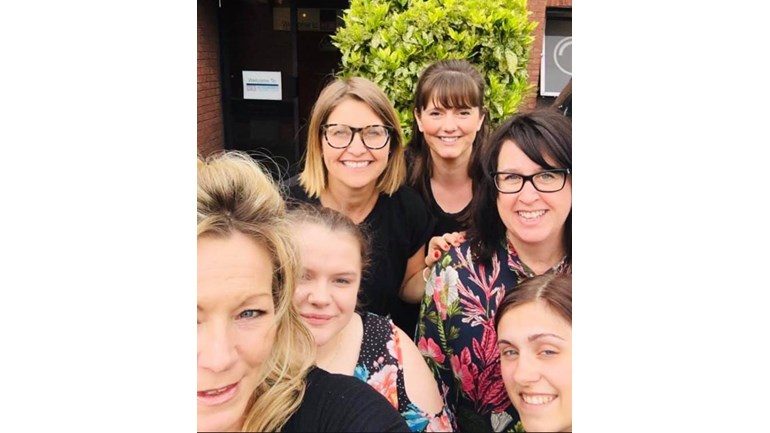When you’re working from home, your bills are bound to rise. You’ll be using electricity, your own broadband and phone line, as well as making more use of your electricity, water and heating (especially in the winter).
If you are self-employed
The Government has published detailed guidelines for business people working from home. The trickiest element of this is that most things will be used for both business and personal use.
HMRC guidance is that you can claim for the cost of business calls made on a private telephone line and also an appropriate proportion of the line rental. You may, therefore, need to provide an explanation for the proportion of the total telephone bill you are claiming. This will also apply to broadband.
You can also claim for other costs of using a room at your home for business purposes (typically for office work). The sort of costs involved could include council tax, rent or mortgage interest, heat, light, water, insurance and cleaning. These can be apportioned on the basis of floor area, usage or time, or a combination of these. Typically, you will use one room as a part-time office (using it full-time is not recommended as this would cause capital gains tax problems on a sale of the property). If this is one of (say) six available usable rooms (excluding common areas, toilets, bathrooms etc), your starting point will be to claim one-sixth of the overall costs. You then need to consider the proportion of business use of that room to private use and reduce the claim accordingly.
If you are an employee
There are allowances you can claim if you’re an employee of a company, but these are dependent on whether or not this is specified as part of your job, or whether you’re doing it voluntarily. If it is your choice to work at home, you will not be eligible to claim any expenses at all.
However, if your employer has specified that you work from home as part of your job, or you have a homeworking agreement, your company can contribute £4 a week, tax-free, to help towards your extra costs.
The allowance only applies for regular working hours – you cannot claim if you occasionally work from home, or do work in the evenings or at weekends.
As an employee, you also have to show that the expense was necessary, and this is a very difficult obligation. If you decide to make this claim it will be restricted to the extra cost of heat, light etc and no claim will be available for council tax, mortgage interest or rent, insurance, or the cost of broadband or telephone lines. That is because those expenses would have been incurred anyway in your private capacity as a homeowner.
If you are a director
If you own your own company, you can set up an agreement between you and that company requiring you to work from home for certain periods of time; you can also set up a licence agreement under which the company will pay you a rent for use of your room as an office. This would enable you to make a claim which is closer to the self-employed rules. You will need to include the rental income on your personal tax return and claim the expenses against that rental. In practice, you will set the rent amount to more or less cover the claimable expenses, because if you set the rent too high you may end up paying personal tax (perhaps at 40%) and only getting corporation tax relief (at 19%)!
If you would like help working out what expenses you are entitled to when working from home, contact us to arrange an appointment.




